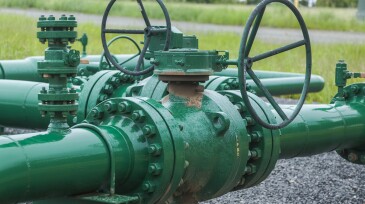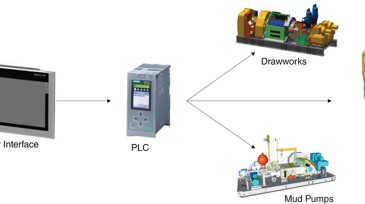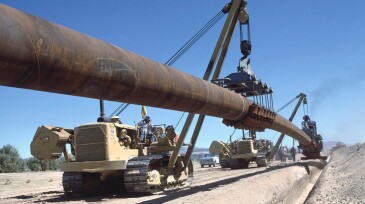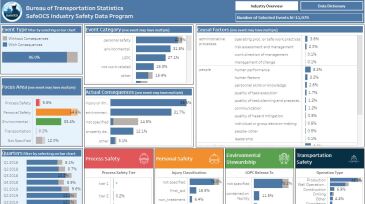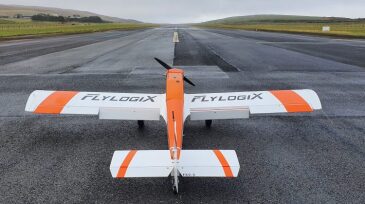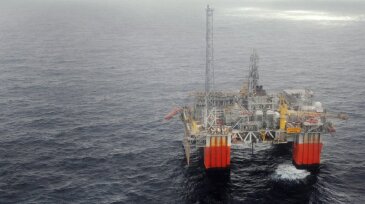Safety
The company said its frequency of serious incidents was down at the end of the year from its levels at the end of 2024.
This paper examines how real-time monitoring can improve both incident prevention and emergency response in the oil and gas industry. Drawing from real-world examples and case studies, it provides practical strategies for implementing this technology effectively.
This paper presents a novel application of artificial intelligence in computer vision for automating blowout-preventer pressure-chart-data extraction, demonstrating significant efficiency gains and a high return on investment.
-
A new gas-gathering rule that has been issued by the US Department of Transportation's Pipeline and Hazardous Materials Safety Administration will soon expand oversight to all onshore gas-gathering pipelines, including about 425,000 miles of lines that had not previously been documented in annual reporting.
-
This paper presents an optimization project that was implemented in the Khazzan and Ghazeer fields of Oman to optimize the post-fracturing cleanup and testing period to reduce hydrocarbon flaring and CO2 emissions as well as the testing cost without compromising the overall well cleanup and testing objectives.
-
As technology advances in the oil and gas sector, so does cybersecurity risk. To stay secure, companies should blend cybersecurity into their safety conversations, said expert Nicholas Andersen at the 2022 Offshore Technology Conference.
-
This paper discusses the results of driller stress tests and the implementation of a system that assists the operator in kick detection, space out, and preparation for well shut-in.
-
SponsoredImprove modeling accuracy and reduce the risk of unplanned downtime. Complete more accurate comprehensive pressure safety studies faster by eliminating the need for multiple applications.
-
Companies want to build pipelines to capture and store carbon, but a new report warns that regulators aren’t prepared.
-
An incident at Petroleum Development Oman (PDO) resulted in an investigation that revealed that, even though required risk-reduction levels were achieved in design, the rest of the safety instrumentation life cycle phases were not rigorously adhered to. This paper presents various actions taken by PDO to make sure that what is designed is operated and maintained as in…
-
A new web-based dashboard for advancing safety in oil and gas operations on the Outer Continental Shelf is now available to industry and the public as part of the Bureau of Safety and Environmental Enforcement’s SafeOCS Reporting System.
-
The company uses unmanned aerial vehicles to measure methane offshore.
-
The Norwegian platform was taken off line as a precaution after an undersea earthquake shook the area.




